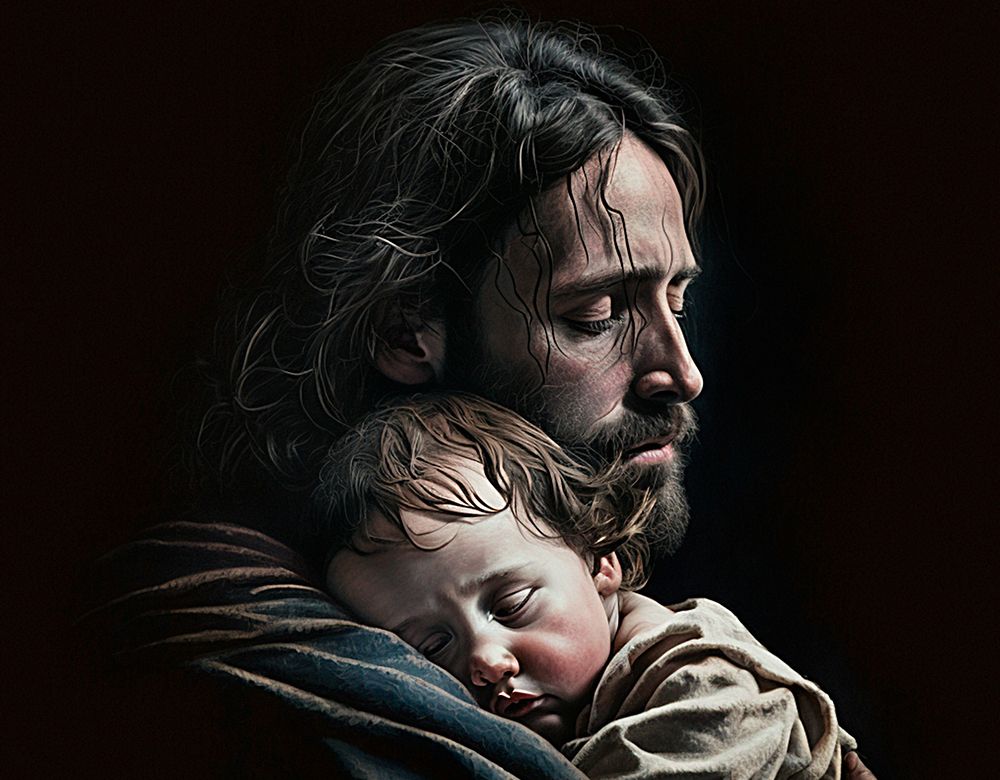Lou Xiao Ying’s youngest adopted son, Zhang Qilin, now aged just seven, was found in a dustbin by Lou when she was 82. “Even though I was already getting old, I could not simply ignore the baby and leave him to die in the trash. He looked so sweet and so needy. I had to take him home with me,” she said. “I took him to our home, which is a very small, modest house in the countryside and nursed him to health. He is now a thriving little boy, who is happy and healthy. My older children all help look after Zhang Qilin; he is very special to all of us. I named him after the Chinese word for rare and precious.”
She continued: “The whole thing started when I found the first baby, a little girl, back in 1972 when I was out collecting rubbish. She was just lying amongst the junk, in the street, abandoned. She would have died had we not rescued her and taken her in. Watching her grow and become stronger gave us such happiness and I realized I had a real love for children. They are all precious human beings. I do not understand how people can leave such vulnerable babies on the streets.”
Now suffering from heart and kidney failure, Lou is finally being recognized for her years of quiet service, with many in her community stepping forward to lend a hand in her final days. According to the Chinese state-run news agency Xinhua, Lou is still thinking of her beloved children even after becoming so ill that she has almost lost the ability to speak and move. “I don’t have many days left, but what I want to see most of all is for my 7–year–old Qiling to go to school. That way, even after I am gone, there will be no regrets left in my life,” she told Xinhua from her hospital bed.
Strict birth control
China’s controversial ‘policy of birth planning’ was introduced in 1978 to reduce the strain on the country’s burgeoning population and reduce the strain on resources. It officially restricts married, urban couples to having one child and those who break the rules have to pay a fine or fee. Those who stick to the rules are usually awarded a certificate and can benefit financially, such as receiving an additional month’s salary every year until the child turns 14.
The policy allows exemptions in some cases – including rural couples, couples without siblings on either side, and ethnic minorities. Residents of Hong Kong and Macau are exempt from the policy, as are foreign nationals living in China. In certain rural parts of the country, couples are allowed to have a second child if the first born is a girl but many parents feel pressured to produce an heir and end up abandoning the females. If the second child is also a girl, no more children are allowed. It is extremely rare to find a family that has two sons.
The Chinese government claims that the policy has probably prevented more than 400 million births and in 2010, it was reported that for every 120 boys born there are 100 girls. Critics inside China and around the world have condemned the policy and accused the government of enforcing abortions. Despite the fact that it is illegal to kill newborn babies in the country, female infanticide and the failure to report female births is widely suspected, especially in rural areas.
A moving example
As Lou’s story of heroism and love has made headlines in China, people in Lou’s community have stepped forward to support and further her life’s mission. An online fundraising effort has been started to help offset the woman’s hospital bills, and an elementary school in Lou’s hometown has offered to take young Qiling in at subsidized rates.
Word of her kind–hearted gestures has now spread in China, where thousands of babies are abandoned on the streets by their poverty stricken parents. One fan explained: ‘She is shaming government, schools and people who stand by and do nothing. She had no money or power but she saved children from death. In the local community she is well known and well respected for her work caring for abandoned babies. She did her best. But, unfortunately, there are far too many abandoned babies in China who have no hope of survival.









